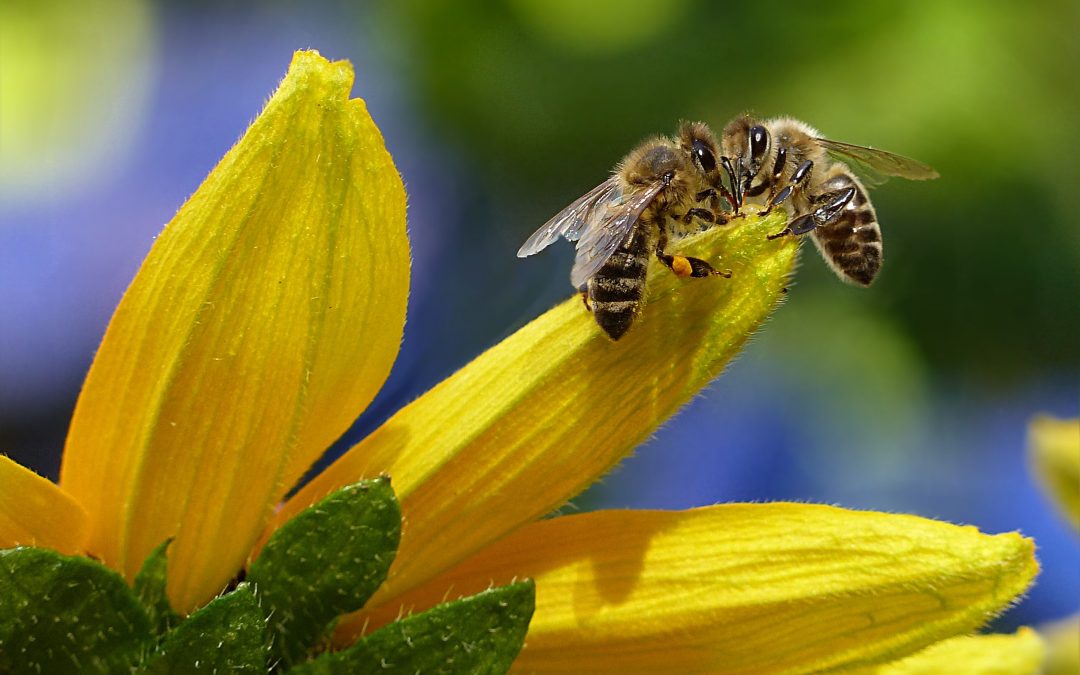Sustainable Sarratt – An Apiarist’s diary
May and June are two of the busiest months of the year in the apiary. Colonies of honey bees that have survived the winter grow exponentially in number during the spring so that they are reaching their peak when pollen and nectar flows are at there highest. A big colony can contain 50,000 bees.
The challenge for the bee keeper is to prevent them from swarming, there is nothing more frustrating than having nursed a colony through the winter for half the hive to disappear when the weather warms up! Swarming is the natural way that a colony splits in two, with the existing queen bee, accompanied by a large number of worker bees, flying off to find a new home – often in a chimney, wall cavity or neighbour’s garage! The remaining bees wait for a
new queen to hatch from a previously laid queen cell, she must then fly away from the hive, mate and hopefully find her way home again to start laying eggs, which form the basis of the renewed colony.
Everyone is aware of the important role that all bees, including honey bees, play in pollinating crops, fruit trees and flowers and the challenges that bees have faced in recent years from increasing levels of pesticides and diseases and from changes in the climate. A bee friendly garden, no matter how small, can make a difference. Bees are after pollen and nectar so simple flowers, rather than artificial hybrids, with petals arranged in an open form are the best attractors of bees as they have to do little work to get to the nectar. A variety of plants of different sizes, from small creeping species through sprawling and upright herbaceous to bushes and trees will also benefit honey bees. The plants provide a variety of forage sources, opening at different times of year and also different times of the day as plants of varying sizes warm up in the sun at different rates so the nectar flows at different times.
Sadly, bees are very susceptible to pesticides, particularly systemic poisons, ingesting these toxins with the nectar and then sharing the poison with the other bees in the colony. So, by planting wisely, and avoiding garden sprays you can do your bit to help all bees here in Sarratt.
If you want more information on bee friendly plants you can find detailed lists of plants for pollinators at:
http://www.rhs.org.uk
And if you are (un)lucky enough to be visited by a swarm of honey bees a list of local bee keepers who would be happy to help can be
found from the BBKA swarm
map.

